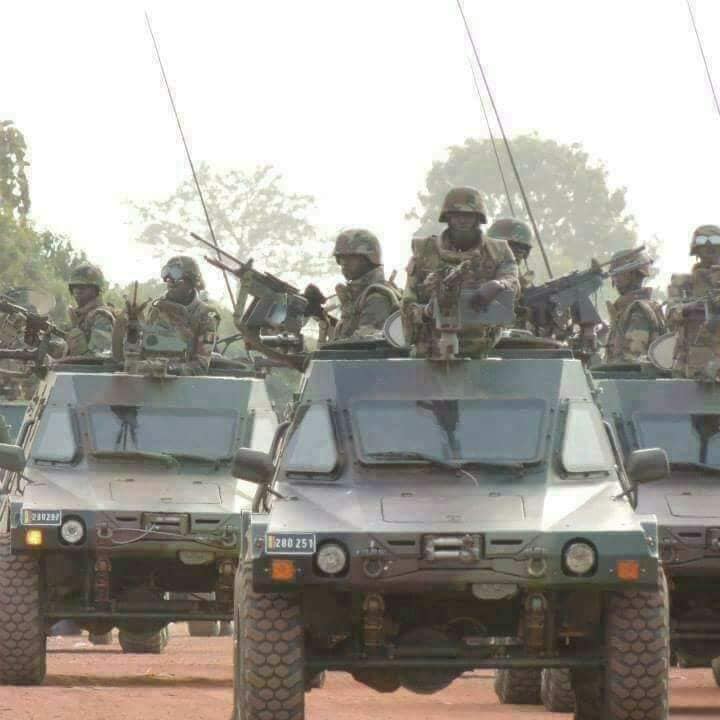 by Alagie Saidy-Barrow.
by Alagie Saidy-Barrow.I sympathize with the positions of many Gambians who maintain that we do not need ECOMIG or an external police force in The Gambia. One of the arguments made in this regard is that we are not a post-conflict nation that needs a stabilizing force. Other positions are based on nationalistic sentiments which view the presence of external forces to be an affront against our security forces. They maintain that we should rely on our forces for our security. While I sympathize and agree, to some extent, with both positions, I also find them problematic. The bottom line is this: Because we have not done what we were supposed to do with our security sector reform, we are forced to rely on outside forces for the security of our nation. Is this a palatable or ideal situation? I’d say no. But the palatable or ideal is not always grounded in reality. ECOMIG staying longer is not ideal, but I’m not convinced that it’s not necessary. And here’s why:
Arguing that we don’t need ECOMIG because we are not a post-conflict nation illustrates a limited view of what is considered “conflict”. Experts have identified various stages of conflict and posit that conflict is not necessarily only actualized when two or more parties are already killing each other. No conflict materializes out of a vacuum. Before conflict is manifested which is one of the last stages, it is preceded by other stages of conflict which if not addressed adequately, can morph into a full blown conflict. While we did not pick up arms and kill each other as such, I think we can agree that we were at least at the “felt conflict stage”, which is characterized by subdued anger and incubating frustrations just waiting to boil over. At the felt stage of conflict, the perception of differences among the parties, calcifies into reality and you see people priming themselves to go at each other to protect their interest. This was our reality in 2016 and subsequent years, and I’d say that we are still in conflict given the sociopolitical realities that obtain today.
But let’s say my position above does not hold water and one maintains that there was no conflict at all, and so we are not a post-conflict nation. This position raises the question on whether stabilizing forces should only be necessary where there’s actual conflict. Don’t we say that “prevention is better than cure”? Should we wait until we start going at each other before a stabilizing force is necessitated? And this brings me to the last point below.
Our country is extremely polarized along various lines; religious, tribal, regional, political, etc., and our security services are not immune to these chasms given how Yaya tribalized and politicized the services. Because we’ve not properly conducted the requisite security sector reform, these chasms still remain in the security services; and yes that includes more loyalty to Yaya Jammeh than the nation. I know many service members who are loyal to the nation to the core, but one does not have to be in any of the services to know that many also maintain deeper loyalty to dictator Jammeh.
I’ve argued before that until Barrow feels comfortable enough with his personal security, ECOMIG will be here to stay. The presence of ECOMIG could also be a way to hold hands with Yaya while using ECOMIG to neutralize any ambitions of power or trouble he incubates. Barrow’s personal safety or holding hands with Yaya and using ECOMIG to neutralize him, are the wrong reasons to maintain ECOMIG, but our reality is what will be used to justify their presence. A reality of our own undoing. A reality we created and allowed to fester. And that’s the sad part.
Editor’s note: Alagie Saidy-Barrow is a former captain in the US army and former director of research and investigations at the TRRC. He is currently an independent consultant focusing on Leadership, Investigations, Security and Strategic Communications.
 by Alagie Saidy-Barrow.
by Alagie Saidy-Barrow.
 by Alagie Saidy-Barrow.
by Alagie Saidy-Barrow.
 by Alagie Saidy-Barrow.
by Alagie Saidy-Barrow.
Ma sha Allah great and thanks for sharing